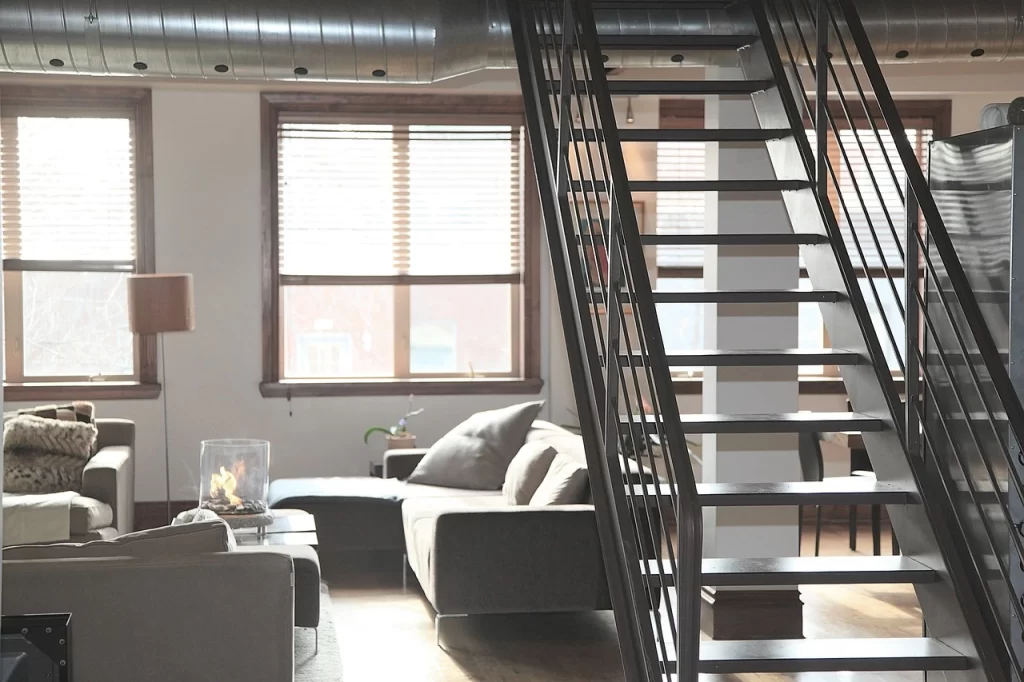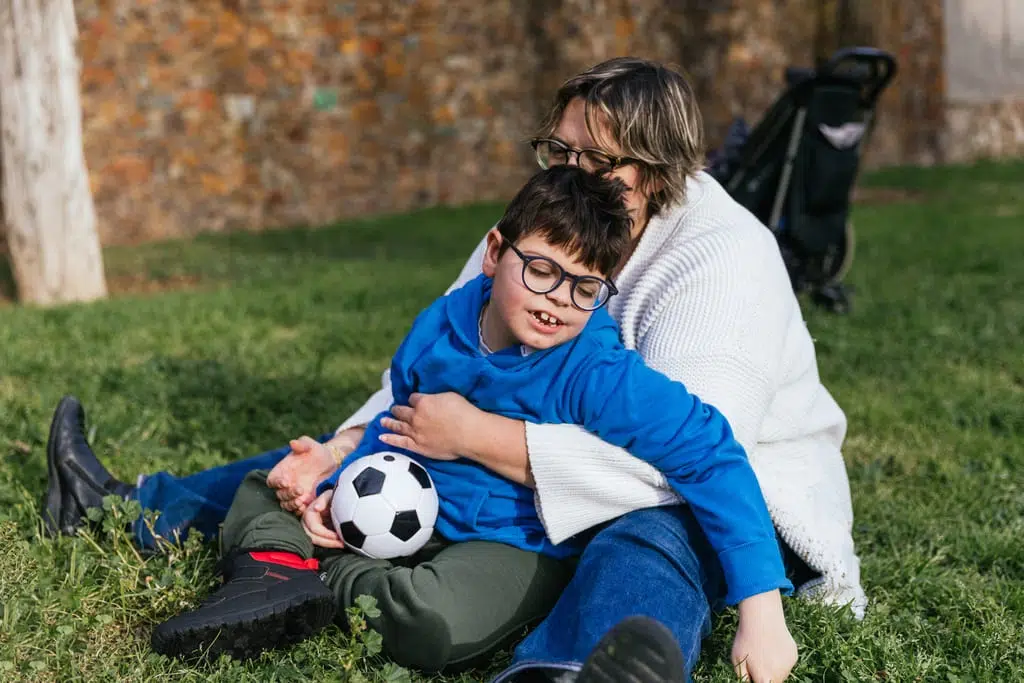Importance of Home Safety After Surgery
Home safety after surgery is imperative for a successful recovery. Proper planning and safety measures can prevent infection, accidents, and serious complications afterwards, facilitating a comfortable and healing environment, and supporting the emotional and physical well-being of the individual.
Effective pain management is a crucial aspect of recovery, and timely reporting of discomfort to the healthcare team is essential. Early mobility is encouraged to reduce the risk of blood clots, with exercises and support provided when needed. Recovery timelines vary depending on the surgery type, overall health, and available support networks. Ensuring a safe home environment and following the post-surgical guidelines can significantly influence the success of the individual’s recovery, allowing them to return to their everyday routine as quickly as possible.
Preparing one’s home for recovery may also involve arranging home care services. These compassionate support workers provide proactive care, offering essential assistance with daily activities, uplifting companionship, and well-being monitoring. Their unwavering dedication ensures that individuals have all the necessary support during their journey towards recovery.
At Leaf Complex Care, we provide compassionate postoperative recovery care in the comfort of your own home, helping you overcome challenges and increase your independence.
Safety Tips for Smooth Postoperative Recovery
After surgery, it’s essential to follow post-surgical care instructions provided by the surgeon and healthcare professionals to ensure a smooth recovery and minimise complications. Key tips for facilitating recovery include maintaining follow-up appointments and practising infection prevention, while adequate nutrition, hydration, and appropriate pain management are also essential to a successful recovery. Gentle physical activity, like walking, can help avoid complications and help people return to everyday activities, but it’s important to stick to your post-surgical care instructions and follow your doctor’s advice.
Let’s explore more tips that can actively improve the postoperative healing process.

Assessing the Home Environment
The comfort and familiarity of someone’s own home can significantly improve the healing process. Therefore, the home environment itself should be optimised for postoperative care, including potential furniture rearrangements to facilitate movement and well-managed ground-level living spaces for individuals with mobility limitations. Safety measures like anti-slip floor treatments and grab bars in the bathroom can reduce the risk of accidents. Additionally, addressing lighting needs, such as using night lights or accessible lamps, can help prevent night-time accidents.
Clearing Pathways and Clutter
Family members and support workers can help declutter to ensure that the benefits of an organised living space, including increased self-esteem, are consistently maintained, contributing to long-term recovery success. Over time, clutter can accumulate, posing a hazard. Similarly, rugs can become unsafe and may need to be removed or replaced. Keeping pathways free of obstacles is crucial to minimise the chances of tripping and falling. As a result, it creates a positive and safer living environment that reduces stress and anxiety.
Bathroom Safety
Ensuring bathroom safety is essential for a smooth postoperative recovery or for individuals who face mobility challenges. It is crucial to take necessary precautions to prevent any accidents from occurring. One essential modification is raising the height of the toilet seat to make sitting down and standing up easier. This can be achieved by adding an elevated seat to the toilet or using a commode chair as a substitute. To further improve safety in the bathroom, the installation of grab bars is highly recommended. These bars should be positioned vertically or horizontally on the wall, facilitating ease of movement and supporting individuals navigating the bathroom.
To prevent slips and falls, non-slip mats or rubber silicone decals should be placed inside the tub, ensuring a secure footing. Outside the tub, a non-slip bath mat can be positioned for stability. Maintaining a dry floor outside the tub or shower area is crucial, and toiletries like soap and shampoo should be easily accessible without reaching or standing, reducing the risk of accidents. Having nightlights in the bathroom is also advisable for improved night-time visibility.
Stair Safety
If climbing up and down the stairs is an issue after surgery, making necessary changes is essential. For example, if the bedroom is located upstairs, it might be necessary to relocate the sleeping quarters to a lower floor or consider the installation of a motorised lift. Ensuring that the steps are rough is crucial to improve stair safety and can be achieved by adding friction and traction to each step’s surface, particularly for wood or tile. Many products, such as rubber/abrasive stair treads, anti-slip tape strips, or slip-resistant floor treatments, can be employed to prevent accidents.
Additionally, wearing shoes or slippers with a rigid rubber sole is essential when ascending or descending stairs, as walking barefoot increases the risk of slipping. Furthermore, adequate lighting is vital for stair safety and improved visibility, adding night lights can be a practical solution.
Fall Prevention Strategies
Once individuals return home, it is imperative that they review their discharge instructions and strictly follow them. In case of any uncertainty, especially when experiencing unusual symptoms or unexpected medication reactions, reaching out to healthcare professionals is strongly advised. Promptly addressing any complications is essential to ensure a smooth and uninterrupted path to recovery.
Creating a secure home environment is a fundamental step in fall prevention. This entails the removal of potential tripping hazards from walking paths, resolving any uneven flooring in doorways, and ensuring adequate lighting in hallways and rooms. Additionally, individuals should proactively practice using assistive devices, such as walkers or wheelchairs, mainly when performing specific daily tasks like transitioning to and from the toilet or shower. These proactive measures are pivotal in establishing a safe and supportive environment conducive to a successful recovery journey.
Medication Management
Proper medication management is a critical aspect of postoperative recovery. Sometimes, individuals may be tempted to skip or modify their medication regimen due to potential side effects. However, neglecting medication can have effects on overall well-being. Pain can disrupt sleep, appetite, and mobility if left unmanaged, ultimately delaying the body’s natural healing process. The ultimate goal is to transition off medications when medically advisable and not before, so if side effects are causing concern, consult your doctor.
Before undergoing surgery, it’s essential to communicate openly with the medical and healthcare team regarding any pre-existing prescription medications or dietary supplements. This helps them prescribe pain relief that won’t interact negatively with your medications. The proper medication, administered at the correct dosage, can significantly alleviate discomfort and mitigate the risk of potential long-term health issues.
Additionally, postoperative home carers are equipped with knowledge, allowing them to develop care plans covering medication management, wound care, dietary requirements, exercise, and mobility. These professionals can guide individuals in self-care practices that promote safety and long-term well-being following postoperative recovery.
Support and Assistance
Working with physical therapists is essential to promote healing, particularly after major surgery. A few sessions, both before and after leaving the hospital, can significantly contribute to a safe and efficient recovery. It’s essential to take these sessions seriously, attend follow-up appointments, and strictly follow the advice the healthcare team provides.
It is also beneficial to consider home care services. Home carers are experienced in assisting with recovery from surgery, helping individuals to regain independence and ensure the highest quality of life. They can perform tasks around the house, provide companionship and mobility aid, and alleviate the stress on the family by ensuring individuals’ needs are met. Individuals may also require specific equipment at home, such as elevated toilets or shower seats. Home carers can help arrange for accessible equipment installation.

Regular Home Safety Checks
Adopting a proactive approach to establishing a safe home environment and regular safety inspections significantly contributes to a successful postoperative recovery.
These assessments involve evaluating indoor and outdoor areas and identifying and mitigating common hazards. Once these hazards are identified, proactive steps are taken, ranging from necessary repairs installing safety devices, and adjusting daily routines to minimise potential risks. Keeping a record of these safety checks is highly recommended to monitor issues and their changes over time.
Role of a Support Worker in Postoperative Care Safety and Support
Support workers play a crucial part in ensuring the safety and well-being of people during their recovery journey. The care these professionals provide often begins at the hospital, where they can assist in their transition back home. Before arrival, they ensure the necessary preparations are in place, including providing all required equipment and ensuring the home is accessible.
Once at home, the postoperative carer takes on various responsibilities that include both medical and daily living aspects. They prepare nutritious meals and hot beverages, manage medication intake, and monitor vital signs regularly. Beyond medical care, postoperative carers maintain a clean and organised household environment, communicate with healthcare professionals, family members, and friends as needed, and provide vital companionship and emotional support.
One of the most critical attributes a postoperative carer possesses is their attentiveness. Given the heightened risk of complications or infections in the postoperative period, they conduct well-being checks. Their ability to detect any signs of infection or complications early on after operations is instrumental in ensuring prompt medical intervention.
Home Postoperative Care with Leaf Complex Care
Leaf Complex Care is dedicated to improving the postoperative recovery experience of individuals within the comfort of their homes. Our mission is to cater to each person’s unique needs, with a strong emphasis on optimal recovery.
Our dedicated team of compassionate and skilled support workers is deeply rooted in our philosophy of humanised care, valuing the individuality of each person they serve. Ultimately, we aim to improve your overall quality of life and help you achieve optimal recovery.
We encourage you to connect with our offices, conveniently located in Bristol, Exeter, Slough, Somerset, and the Midlands.
By reaching out to us, you will discover proactive care solutions, ensuring that your recovery process is smoother, more reassuring, and successful.
Contact us today.


















